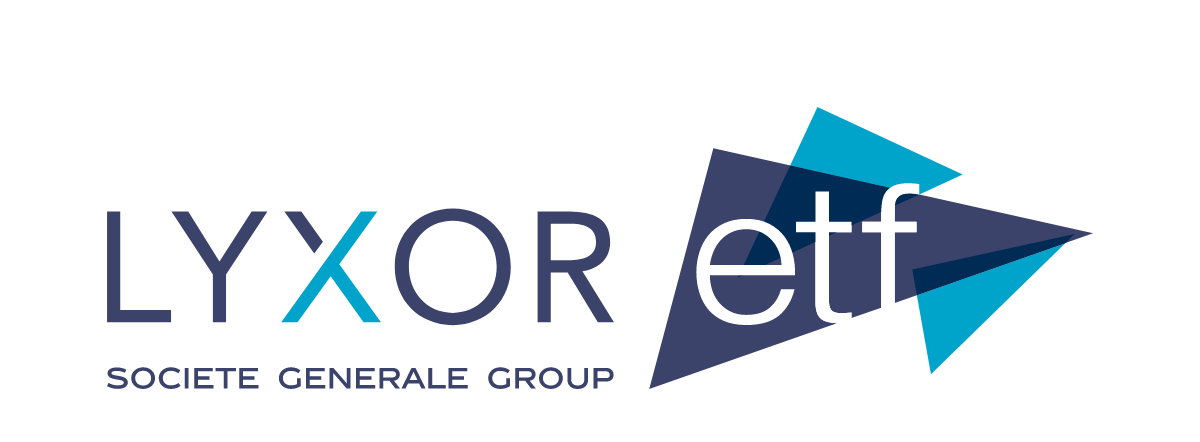Lyxor Asset Management has become the first ETF issuer to reveal information on the expected impact of its portfolios on global warming by publishing the implied temperature increase contributions of more than 150 of its ETFs.
The move comes amid widespread efforts by ETF issuers to offer products and services corresponding to the goals of the Paris Agreement.
The firm said it will continue to refine its findings in collaboration with climate data specialist, S&P Global Trucost, a subsidiary of global index provider S&P.
At present, Lyxor combines past emissions data, future projections, and commitments made by individual companies. It then uses the Sectoral Decarbonisation Approach (SDA) methodology to analyse greenhouse gas-intensive sectors, and the Greenhouse gas emissions per unit of value-added (GEVA) approach for other sectors, to assess how well all accompanies are aligned with the Paris Agreement.
The publication of temperature projections follows previous Lyxor climate initiatives, such as its green bond and climate ETFs, its 2019 climate policy, and ongoing efforts to integrate the measurement of climate risk into its ETFs.
Last March, the French asset manager became the first issuer to launch a climate ETF range in line with the EU’s climate benchmarks.
The company’s own temperature projections show that many of its products are in need of improvement. For instance, 18 of 26 of its global ETFs, both of its Latin American ETFs, 14 of 16 Asia-Pacific ETFs, 16 of 30 Europe ETFs and 6 of 13 North American ETFs are all forecast to contribute to a temperature rise of more than three degrees Celsius.
At this level, these ETFs are classified as ‘insufficient’ by Lyxor’s temperature analysis, which is the bottom rank out of five possible categorisations.
Likewise, a global warming contribution in excess of three degrees is considerably outside of the range targeted by the Paris Agreement, which aims to restrict the temperature rise within this century to within two degrees above pre-industrial levels.
Florent Deixonne, head of SRI at Lyxor, commented: “All portfolios, indices and benchmarks have some form of climate impact. Today, we are beginning the process of helping all kinds of investors assess those impacts and manage those risks by publishing temperatures.
“There is little doubt that ensuring investments are truly sustainable becomes a fundamental fiduciary duty for professional investors, whether they are advising institutions or investing on behalf of individuals.
“Individuals who manage their own money will also be able to use this information to make more climate-aware investment decisions and, should they desire so, better align their portfolios with the temperature goals of the Paris Agreement.”



